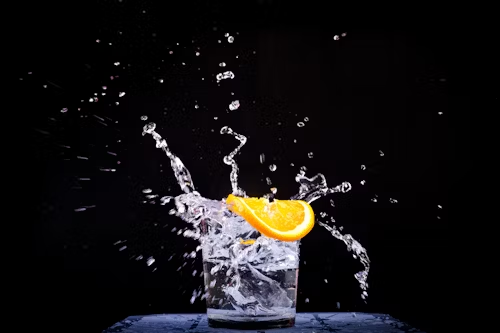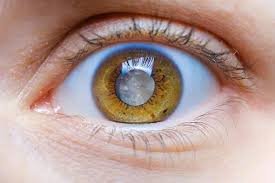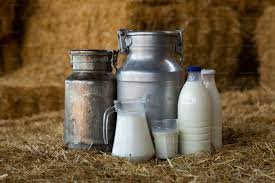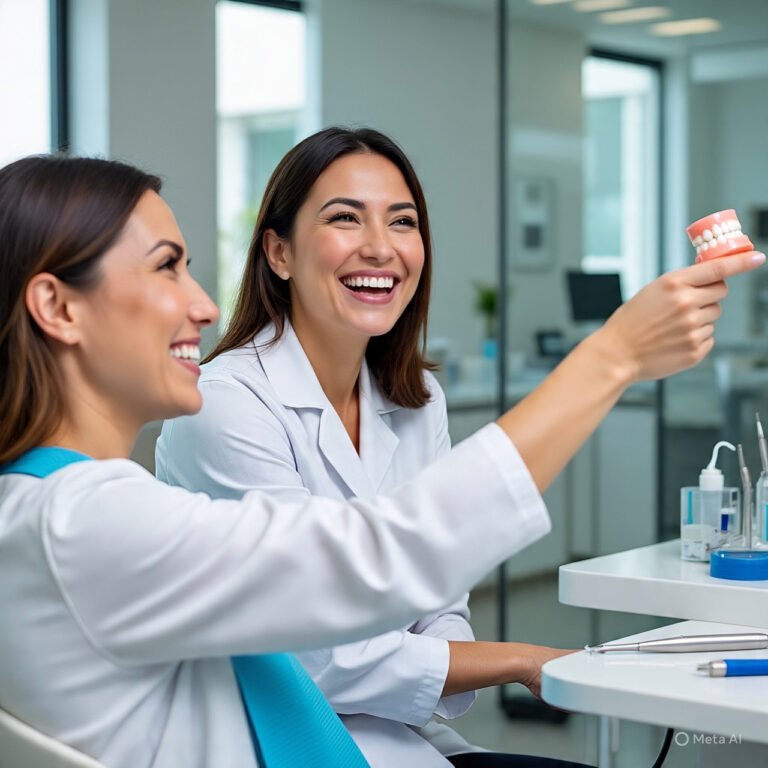From children to adults, water is crucial to cellular homeostasis and life. An infant’s body weight is approximately 75% water. The average adult is about 60%, with elderly adults coming in around 55% water body weight. In the US, drinking water is vital as we do not take in as much water from our food as European countries that consume more vegetables and fruits than we do.
If the body does not have enough water to support the many chemical processes, such as nutrient digestion and absorption, temperature regulation, and ridding the body of waste products, it cannot function properly. Water is also necessary for hormone and saliva production, keeping the joints lubricated and delivering oxygen throughout the body.
Women require about 64 ounces of water, and men need about 80 ounces daily to support optimum functions. If you are trying to lose weight, the rule of thumb is to drink half your current body weight in water each day. Do not mistake consuming other beverages with your daily allotment of water. They are not a one-to-one even exchange.
Carrying a water bottle everywhere can help you get your daily quota. If you spend more time outdoors on hot days, you may want to increase your intake as your body will likely sweat out more fluids. Just as getting enough water is crucial, drinking too much can harm your health. A condition called hyponatremia occurs when excess water dilutes blood sodium levels. If you have heart failure, chronic kidney disease, or liver disease, speak with your doctor about how much water to drink daily.
Signs That You Need to Drink More Water
Your body will usually tell you when you need more water. Dehydration is no laughing matter and could land you in the hospital. Paying attention to the signs that your body requires additional fluids can keep you out of danger.
Older adults must be especially aware of the warning signs of not drinking enough water, as that can lead to significant problems with balance, memory, constipation, medication usage, and stroke.
Here are the many ways your body tells you to drink more water:
-
Lightheadedness and headaches
Headaches are a common symptom of dehydration. Water helps move oxygen through the body, and if you are dehydrated, your brain may not receive enough oxygen, causing you to feel lightheaded. Fainting is possible.
-
Constipation
If your body does not have enough water, your stool will become hard and could lead to constipation as moving it through the intestines becomes more challenging.
-
Irritability
Dehydration affects emotional well-being, causing mood swings and stress on the body.
Mood swings and feelings of anxiety can also be signs of hormonal imbalances. For example, HGH deficiency can lead to different mental health conditions, including depression. Find out how getting Sermorelin for sale can help keep your body healthy.
-
Feeling thirsty
If you do not drink enough, you will feel thirsty. A dry mouth is a warning that you need to drink some water.
-
Dark urine
Urine should be pale in color. The darker it is, the less water the body has. That is also why urine is often darker first thing in the morning, as it has become concentrated overnight. Do not use that first urination as a guide to color – unless it looks significantly different than usual.
-
Reduced urination
If you go to the bathroom less often, it is because your body does not have enough water to produce urine. That is problematic as urination helps to flush toxins from the body.
Additional signs of dehydration include:
- Loss of appetite
- Trouble swallowing dry food
- Dry lips and mouth
- Fatigue
- Cracked, swollen, or dry tongue
- Sunken eyeballs
- Weakness
Benefits of Drinking More Water
Your body craves water. The heart is 75% water, the lungs are 90%, the blood is 83%, and the skin is 64% water. Each area and many others will suffer from dehydration if not enough water is available for the body to maintain a crucial balance (homeostasis).
Water leaves the body as sweat, urine, breath, bowel movements, and tears. The hotter the temperature and the more active you are, the more water you need to maintain proper balance.
Unlike sugary beverages, water helps to keep the mouth clean and reduce tooth decay. There are no calories in water, so you will not gain weight or run the health risks associated with consuming sugar and artificial sweeteners.
Here are some of the many benefits of drinking more water:
-
Keep a normal temperature
Drinking adequate water helps the body maintain homeostasis. If you become dehydrated, you are at a greater risk of overheating. You need water to help your body produce sweat when it is hot, which also cools the body. Your body loses electrolytes and plasma if you are not adequately hydrated.
-
Lubricate and cushion joints
Synovial fluid is the lubricant that cushions the joints, and it is approximately 70 to 80% water. Drinking enough water helps to protect the joints from rubbing against each other.
-
Protect your spinal cord
As with the joints, water helps to lubricate and cushion the spinal cord and surrounding tissues to protect it from injury.
-
Helps reduce the effects of hangovers
If you are out drinking, your body has to work harder to metabolize the alcohol. Since alcohol is a diuretic, it causes you to lose more water. Increased water consumption when you are drinking can help with hangover symptoms, such as headache, dry mouth, fatigue, and thirst.
-
Assist weight loss
Increasing water consumption can help you feel full and consume fewer calories, especially if you have a glass 30 minutes before mealtime. Water can also help boost your metabolic rate. Another benefit is that water can help fill you up without adding calories.
-
Maximizes your physical performance
Dehydration causes the body to lose water, increasing fatigue and making exercise more demanding physically and mentally. The more you sweat, the more water you need to drink to maximize your performance. Remember, muscle is made up of about 80% water.
-
Boost your energy levels and brain functions
Dehydration affects more than physical performance. It also impacts the brain and energy levels. Drinking water helps improve focus, mood, concentration, and energy, as the brain is approximately 80% water. Hydration increases blood and oxygen flow to the brain.
-
Keep your kidneys healthy
Drinking enough water increases urine volume passing through the kidneys. Diluting the mineral concentration in the kidneys helps to reduce the formation of crystals and kidney stones. Water helps flush toxins from your body, lowering the risk of urinary tract infections.
-
Can help with headaches and migraine
Because dehydration can trigger various types of headaches, getting enough water into your body can help reduce those symptoms.
-
Helps you look younger
Your skin needs water to help it avoid becoming dry and thin. Drinking more water can help hydrate your skin and reduce premature wrinkles and sagging.
Tips to Drink More Water Per Day
Getting enough water into your body daily requires conscious thought if you are not used to drinking enough H2O. Some beverages that can help increase water intake include fat-free or low-fat milk, unsweetened alternative milk (oat, nut, rice, soy), and 100% vegetable and fruit juices. Just remember that these beverages add calories, so use them wisely.
Here are some tips to help you accomplish your goal:
- Always carry a reusable, refillable, BPA and phthalate-free water bottle
- Keep chilled water in the refrigerator so you have something cold to grab when you come in from the outdoors
- Have water on the table at mealtimes
- Keep flavored water ready at all times – fruit and mint make wonderful flavorings
- Have one glass of water for every alcoholic beverage you consume
- Avoid beverages with sugar or artificial sweeteners – opt for herbal teas when you want a treat
- Freeze water in freezer-safe bottles to take with you
- Drink water when dining out – it will also save you money
- Make popsicles out of fruit-flavored water – great to enjoy on a hot day
Finally, you can increase your water consumption by swapping high-water foods instead of those with lower water content. Just remember that this does not preclude drinking enough water each day. The best options include:
| Percentage water | Fruits | Vegetables | Other items |
| 90% to 99% | Watermelon
Strawberries Cantaloupe Tomatoes Coconut water |
Bell peppers
Cabbage Cauliflower Cucumber Celery Eggplant Lettuce Pickles Spinach Cooked squash and zucchini |
Fat-free and skim milk
Broths and soups (water-based) |
| 80% to 89% | Apples
Apricots Blueberries/raspberries Cherries Cranberries Grapes Oranges/grapefruit Plums Peaches Pears Pineapple Fruit juice |
Cooked broccoli
Carrots |
Yogurt (plain) |
| 70% to 79% | Bananas
Avocados |
Cooked corn
Baked potato |
Beef (brisket, eye of round)
Cottage cheese Ricotta cheese Shrimp |
| 60% to 69% | Chicken
Ground beef (85% lean) Ice cream Legumes Salmon |
||
| 50% to 59% | Ground beef
Feta cheese Hot dogs Cooked tenderloin steak |
Conclusion
Not getting enough water into your body can cause you to feel mentally and physically drained. Your brain and body cannot perform optimally when at a water deficit. Even mild dehydration can take a toll on your well-being.
Avoid sugar-sweetened and artificially sweetened beverages whenever possible. Limit alcohol to two drinks to avoid dehydration. Use sports drinks only when necessary – not for water replacement. Turn to foods with higher water content to help supplement your fluid intake.
Getting enough water is good for your body and your life!
Brit is a passionate writer with a love for storytelling and exploring the depth of human experience through words. With a keen eye for detail and a thoughtful voice, Brit crafts pieces that resonate with readers and spark meaningful reflection. When not writing, Brit enjoys quiet moments with a good book, long walks, and finding inspiration in everyday life.






